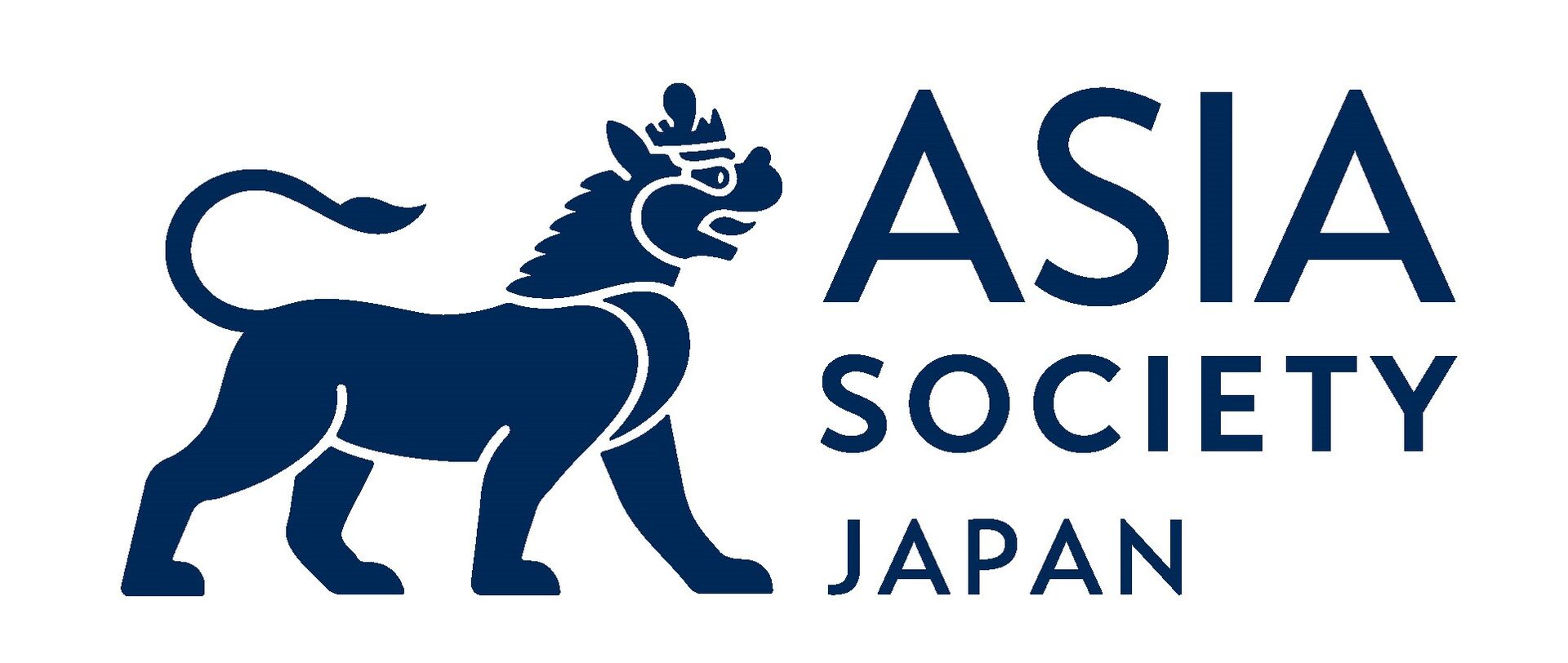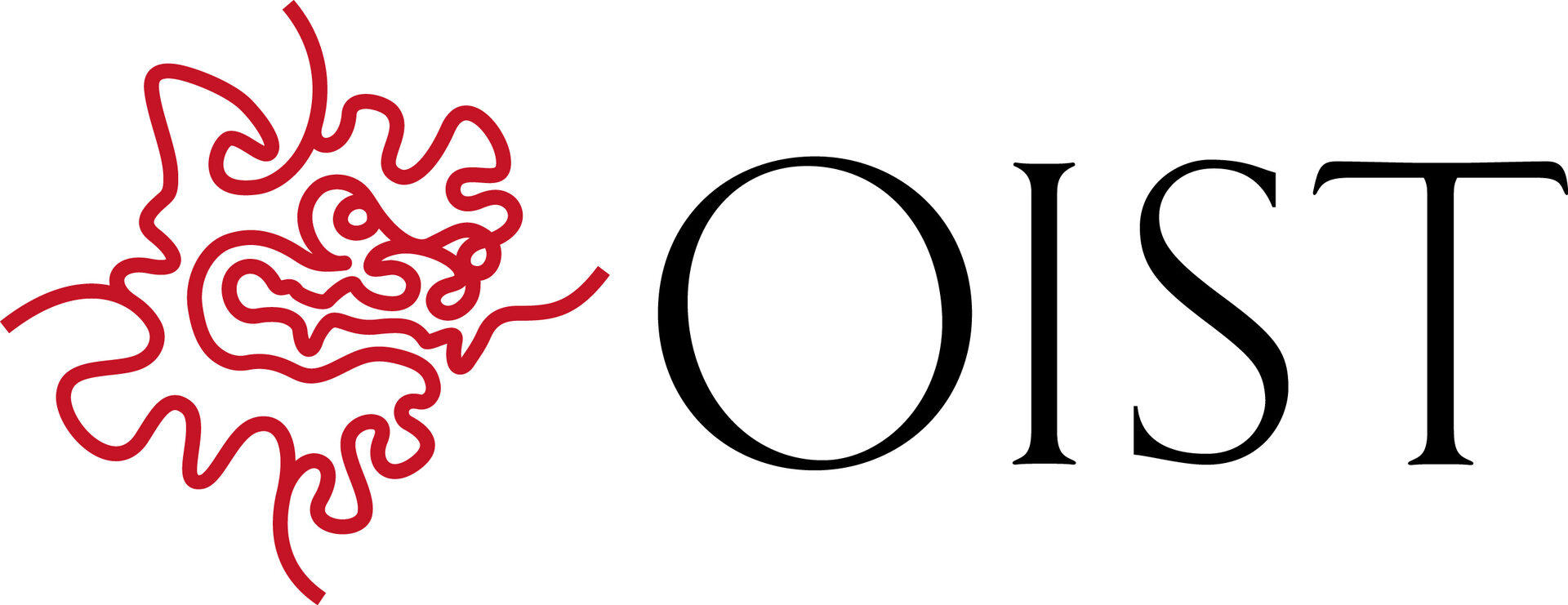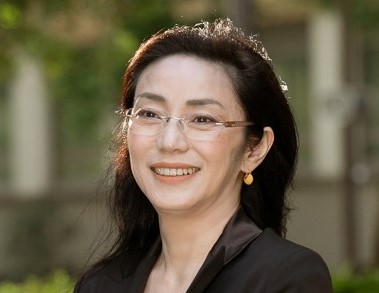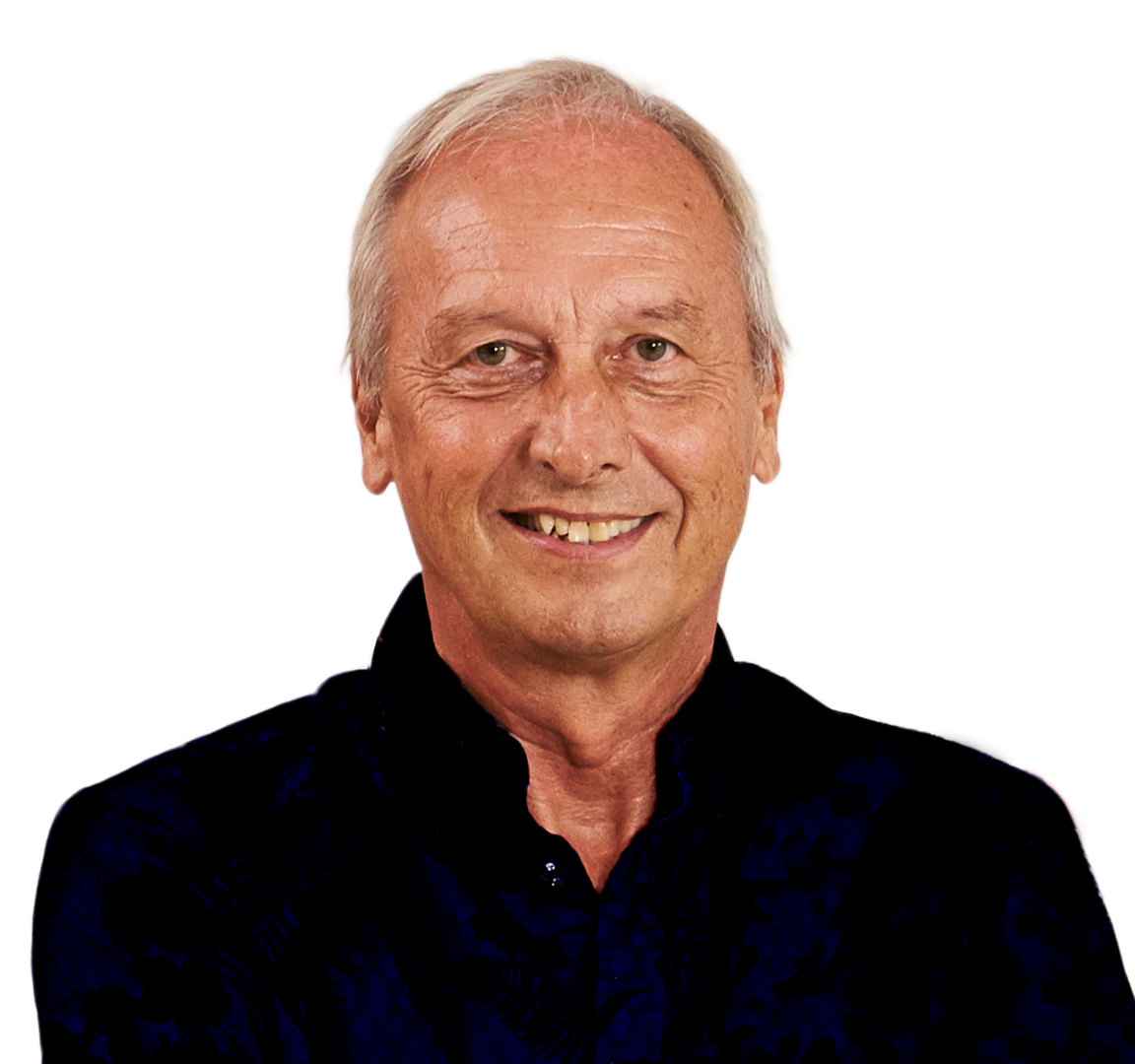OIST Quantum/Cyber Security Initiative
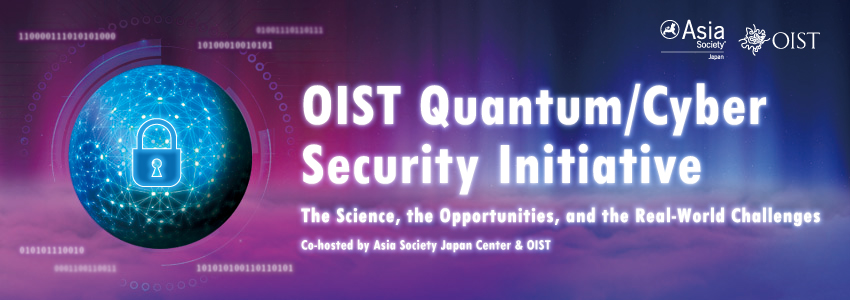
TUESDAY 01 JUNE 2021, 8:20AM (JST)
This seminar was a great sucess! An abridged version of the webinar can be viewed here.
*This event is changed to a fully virtual event due to the COVID-19.
*There are minor changes in the program. Please check the updated one.
Speakers
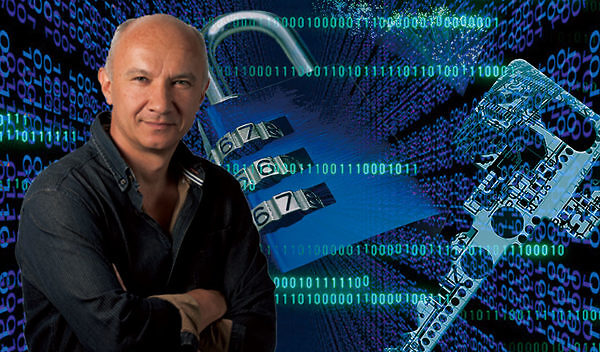
"Introduction to quantum technology and its impact on information security."
Dr. Artur Ekert
University of Oxford
Centre for Quantum Technologies
Professor
Okinawa Institute of Science and Technology Graduate University
Adjunct Professor
Biography:
Artur Ekert is one of the best known pioneers of quantum cryptography. He works as Professor of Quantum Physics at the Mathematical Institute at the University of Oxford, as a Professorial Fellow in Quantum Physics and Cryptography at Merton College, Oxford, and as the Lee Kong Chian Centennial Professor and the founding director of the Centre for Quantum Technologies (CQT) at the National University of Singapore. His research interests extend over most aspects of information processing in quantum-mechanical systems, with a focus on quantum communication and quantum computation. He has worked with and advised many companies and government agencies over the last decades. He is a recipient of several awards, including the 1995 Maxwell Medal by the Institute of Physics, the 2007 Royal Society Hughes Medal and the 2019 Micius Quantum Prize. In 2016 he was elected as a Fellow of the Royal Society.
Speaker's Information
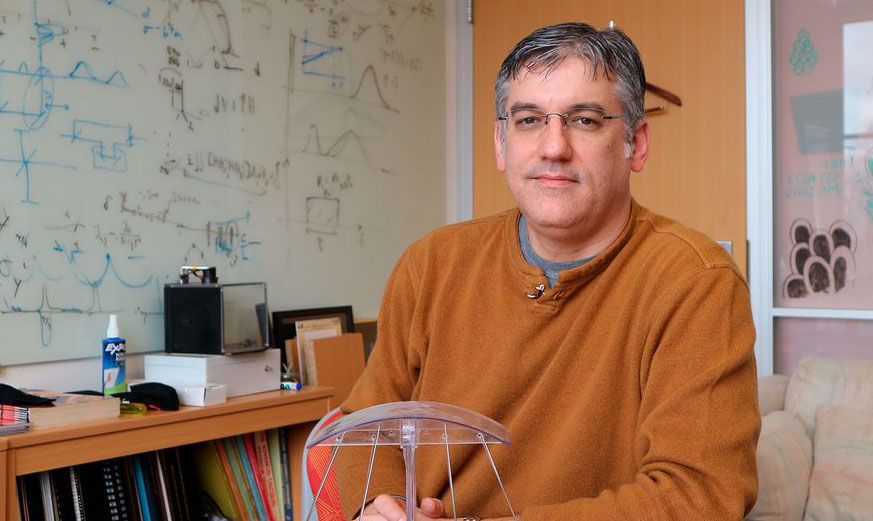
"Experimental progress in building quantum computers. Will they be here any time soon to threaten classical methods of encryption?"
Dr. Christopher Monroe
Duke University
University of Maryland
Professor
Biography:
Christopher Monroe is a Professor of Electrical and Computer Engineering and Physics at Duke University, the director of the Duke Quantum Center, the Bice Seci-Zorn Professor and a Distinguished Professor of Physics at the University of Maryland, and a Fellow at the Joint Quantum Institute. There he directs one of the world-leading research efforts in ion traps and quantum optics, which are two primary systems to explore and develop quantum technologies. In 2015, Prof. Monroe co-founded the startup IonQ, Inc., and serves as their Chief Scientist. IonQ manufactures and commercially offers full stack quantum computers based on trapped ion technology, which are currently at the forefront of the area due to their superior flexibility, precision and controllability.
Speaker's Information
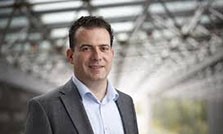
"Can we afford to wait or should we be actively looking for solutions to protect the integrity of the existing cryptosystems?"
Dr. Michele Mosca
Institute of Quantum Computing, University of Waterloo
Co-Founder and Professor
Biography:
Michele Mosca is a Professor of Mathematics in the Department of Combinatorics & Optimization at the University of Waterloo. He is a founder of the Institute for Quantum Computing at the University of Waterloo and a founding member of the Perimeter Institute for Theoretical Physics. He leads research in quantum-safe cryptography, quantum algorithms, and quantum circuit synthesis and optimization. In addition to his scientific merits he is globally recognized for his drive to help academia, industry and government prepare cyber systems to be safe in an era with quantum computers. He is a founder of the ETSI-IQC workshop series in Quantum-Safe Cryptography which brings together a broad range of stakeholders working toward globally standardized quantum-safe cryptography. He is also co-founder of evolutionQ Inc. which provides services and products that enable organizations to evolve their quantum-vulnerable systems and practices to quantum-safe ones.
Speaker's Information
MCs
Dr. Kae Nemoto
National Institute of Informatics
Professor
Kae Nemoto is a full professor at the National Institute of Information (NII) and the Graduate University for Advanced Studies (SOKENDAI) in Tokyo. She is also the director of the Global Research Center for Quantum Information Science, as well as being the co-director of the Japanese-French Laboratory for Informatics (JFLI). Her research is focused on applications for quantum computers, quantum computer architectures, quantum error correction, quantum networks and the quantum internet. She also leads a newly established academic education consortium "Mastering quantum technology" for the next generation of scientist and engineers in the field. In addition, Kae is one of the founders of the Quantum ICT forum in Japan where she currently serves as the board vice director. Finally she is a Fellow of both the IoP (UK) and the APS (US).
Mr. Jesper Koll
Wisdom Tree, Senior Advisor,
Okinawa Institute of Science and Technology Graduate University, BOG Member
Asia Society Japan Center, Founding Member & Head of Policy Committee
Jesper Koll is a Senior Advisor to WisdomTree. Over the past two decades Jesper has been consistently ranked as one of the top Japan strategists/economists, working as Chief Strategist and Head of Research for major U.S. investment banks J.P. Morgan and Merrill Lynch. His analysis and insights have earned him a position on several Japanese government advisory committees and Jesper is also one of the few non-Japanese members of the Keizai Doyukai, the Japan Association of Corporate Executives. He has written two books in Japanese, Towards a New Japanese Golden Age and The End of Heisei Deflation. After arriving in Japan in 1986 Jesper initially worked as an aide to a Member of Parliament. Jesper has a Masters degree from the School of Advanced and International Studies at Johns Hopkins University and was a research fellow at both Tokyo University and Kyoto University. He is a graduate of the Lester B. Pearson College of the Pacific.
Chair
Dr. Peter Gruss
Okinawa Institute of Science and Technology Graduate University, President/CEO
Dr. Peter Gruss, an internationally recognized researcher in gene regulation and embryonic development, served as President of the Max Planck Society, in Germany from 2002-2014. Previously, Dr. Gruss was Director of the Department of Molecular Cell Biology at the Max Planck Institute for Biophysical Chemistry in Göttingen for 16 years.
Prof. Dr. Gruss received multiple awards for his contributions to science, including the German Future Prize, the Officer’s Cross of the Order of Merit, the Harnack Medal, and the highest scientific honor in Germany, the Leibniz Prize. He is a member of various national and international scientific organizations including the American Academy of Arts and Sciences, the Göttingen Academy of Sciences, the European Molecular Biology Organization, and the German National Academy of Sciences Leopoldina, and is an honorary member of the National Academy of Sciences Republic of Korea and a foreign member of the Polish Academy of Sciences.
Organizers
